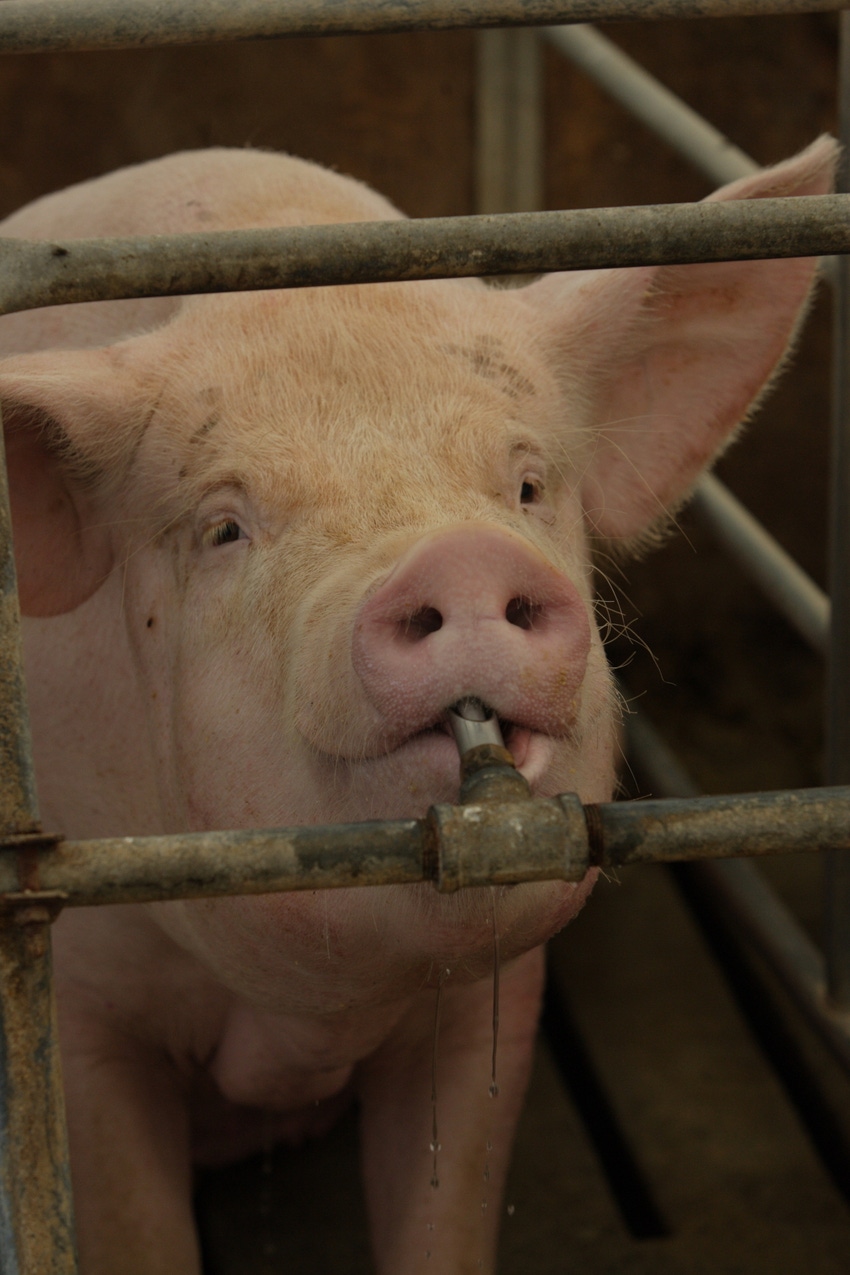March 6, 2015

A total of seven known positive samples of Porcine Epidemic Diarrhea virus have been verified in Georgia, according to the Georgia Department of Agriculture, and more cases are expected.
The first known positive was Feb. 27 from two samples taken during the Georgia Junior National Livestock Show Feb. 18-21. GDA immediately responded with biosecurity measures to prevent further spread of the disease. As a part of that response, inspectors visited premises who reported possible clinical symptoms of PEDv. Sampling from those visits resulted in three additional positives from the original findings.
“Within 24 hours of the positive results we were able to communicate with our FFA and 4-H leadership, as well as veterinarians in the state and the show facility to inform them of the situation,” said Robert Cobb, Georgia State veterinarian. “I have personally had multiple communications with neighboring state veterinarians as well as those from other states that have experience in dealing with PEDv. We will continue to work closely with all of our partners to address this situation “
PEDv is not a food safety or public health risk. GDA is working closely with other animal industry partners to provide information about bio-security, disease prevention and control.
Approximately 1,300 swine were shown at the Georgia Junior National Livestock Show by approximately 500 4-H and FFA exhibitors. According to show rules all swine were required to be in the ownership of the Georgia exhibitor and have an official state tag by Dec. 5, 2014.
With around 90 Georgia counties participating in the Jr National Livestock Show, the GDA expects to find positives in all areas of the state where show pigs were raised and housed.
The incubation period for PEDv is 36 hours. Symptoms can emerge four to five days after exposure and vary widely depending on the age of the pig affected. Symptoms include off-feed, vomiting, diarrhea and increased mortality. Pigs can also be asymptomatic carriers of the virus.
The disease can be spread by pig-to-pig contact and by contaminated equipment, chutes, trailers, vehicles, clothing and personnel. All equipment should be cleaned and disinfected and all sick animals isolated. It is important to regularly observe your herd for evidence of disease.
“Prior to Georgia having any confirmed cases of PEDv, the Georgia Department of Agriculture formed a swine technical advisory committee consisting of representatives from the swine industry, veterinarians, University of Georgia lab personnel and the Georgia Farm Bureau to develop a proactive plan,” said Georgia Agriculture Commissioner Gary Black. “We are proud to say that this preparation has assisted us in our response to this situation and we thank all vested parties for their cooperation as we work to fully implement our bio-security protocol.”
About the Author(s)
You May Also Like






